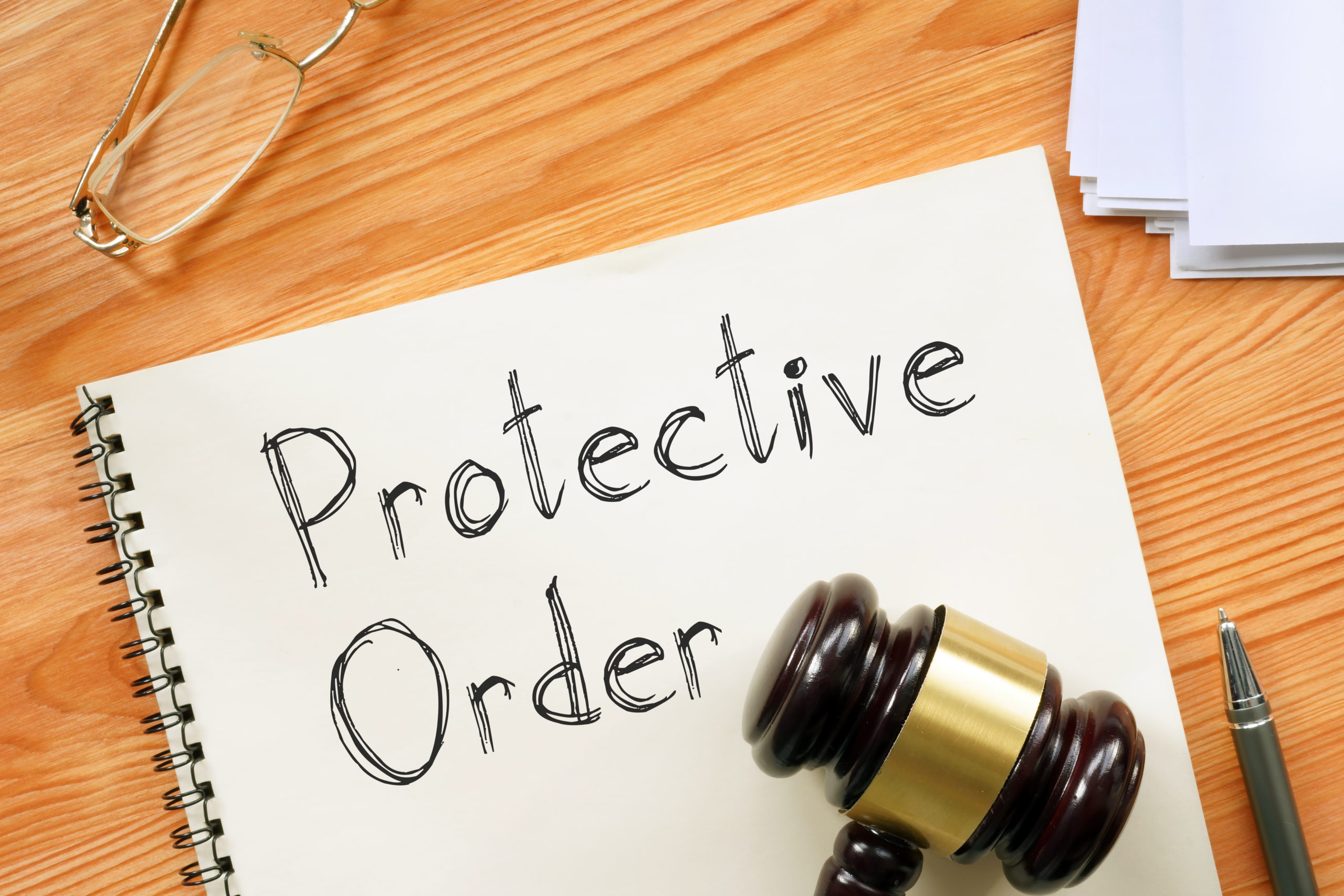


Can a Criminal Protective Order Keep Me out of My House?
Yes. Depending on the facts of your case, a criminal protective order can keep you out of your home. If a court orders a defendant to have no contact with a victim, the defendant will be prohibited from even communicating with the victim in a case. This mean, a court order could potentially keep you out of your home and away from your family for the duration of your criminal case—which could last for months or years.
How Do I Change a Protective Order in Connecticut?
Criminal protective orders can be modified if a defendant motions the court for modification of the order. A victim can also request that the court modify the order. Courts are typically hesitant to modify orders, especially if the underlying case alleges domestic violence or assault. The best CT domestic violence criminal attorneys know what the court is looking for to grant a modification—sometimes a cooling off period is necessary, and other times a court will require proof of alcohol treatment or family therapy. Here’s how you can modify an existing protective order in Connecticut.
What is a Criminal Protective Order in Connecticut?
Under Connecticut General Statute (“C.G.S.”) § 46b-38c, the time of arraignment a judge can impose a protective order on any person arrested for a domestic violence crime in Connecticut, in order to protect the victim in a criminal case. A criminal protective order typically remains in effect for the duration of the criminal case until the case is sentenced or disposed of, unless a defendant motions the court to modify the order.
What is a Standing Criminal Protective Order?
In some instances, a court may issue a Standing Criminal Protective Order even after a criminal case has been disposed of under C.G.S. § 53a-40e. A standing criminal restraining order is a new order that is issued after a criminal case ends, that remains in effect until the court orders otherwise—this could mean a lifetime order against you. While a standing order may not sound serious, it can expose a defendant to criminal liability even after their case is finished. Contact an experienced criminal attorney if you had a standing criminal restraining order issued against you to educate yourself on your rights.
What’s the Difference between a Protective Order and a Restraining Order in Connecticut?
Criminal protective orders are issued in the criminal court, typically following a domestic violence arrest. Restraining orders are civil orders that are entered following an application for a restraining order. Anyone can file an application for a restraining order in the civil court. All restraining orders are set down for hearings. If a restraining order is issued after a hearing, the order will typically order remain in effect for six months to 1 year. Civil restraining orders can also be modified by motion to the court or agreement between the parties.
Call an Experienced Connecticut Protective Order Attorney Today
If you had a protective order issued against you, and have been barred from returning to your home, contact an experienced Connecticut criminal attorney who can prepare you for court and motion the court to modify any existing protective order against you. Click here to read certified reviews from prior clients. The attorneys at Mark Sherman Law are available to discuss your case 24/7 at (203) 358-4700.